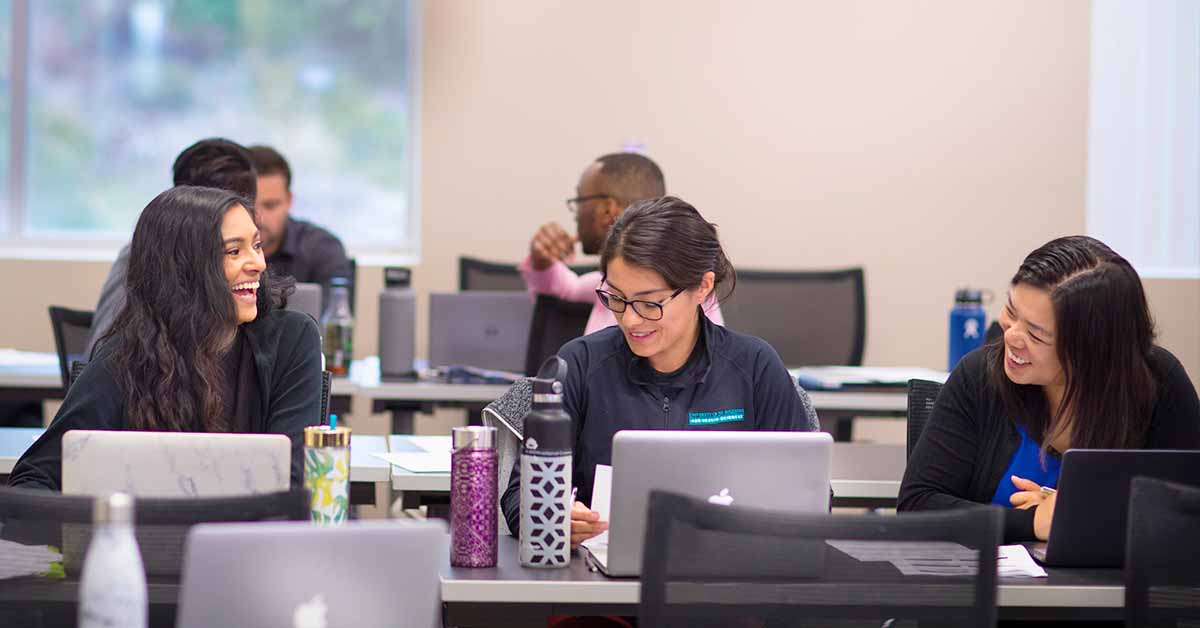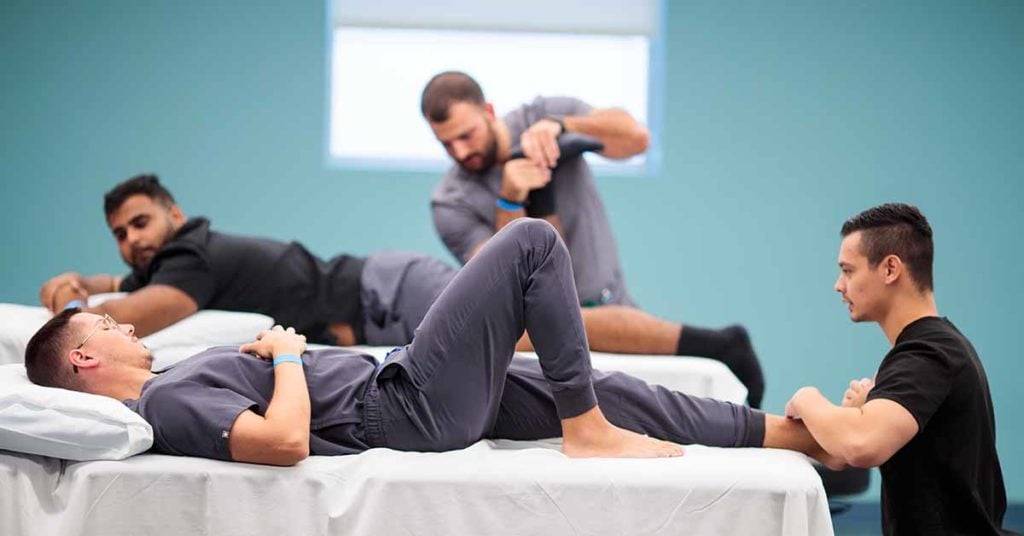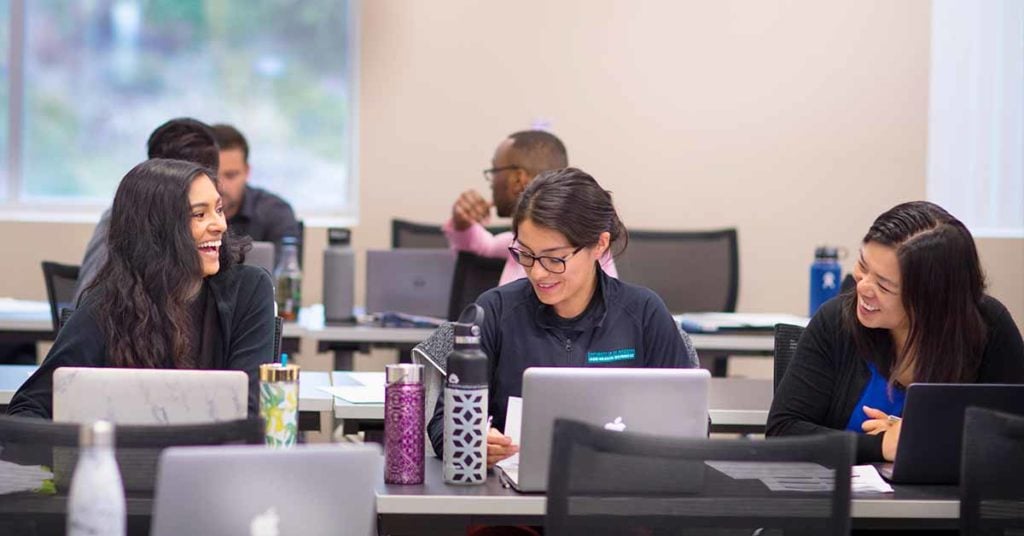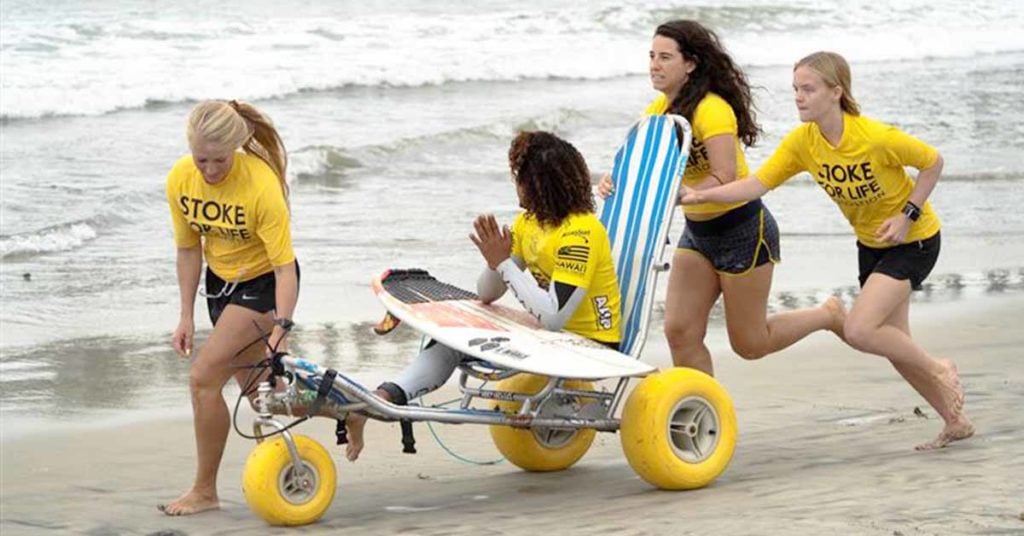Featured story


Occupational Therapy OT
Hybrid Immersion for MOT Launches
Online learning is here to stay and here at the University of St. Augustine for Health Sciences we’re all about helping as many OTs reach their goal of earning their Master of Occupational Therapy (MOT) as possible. If you’re thinking about ...





